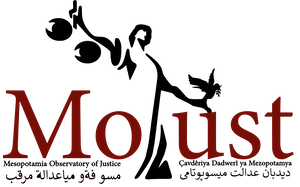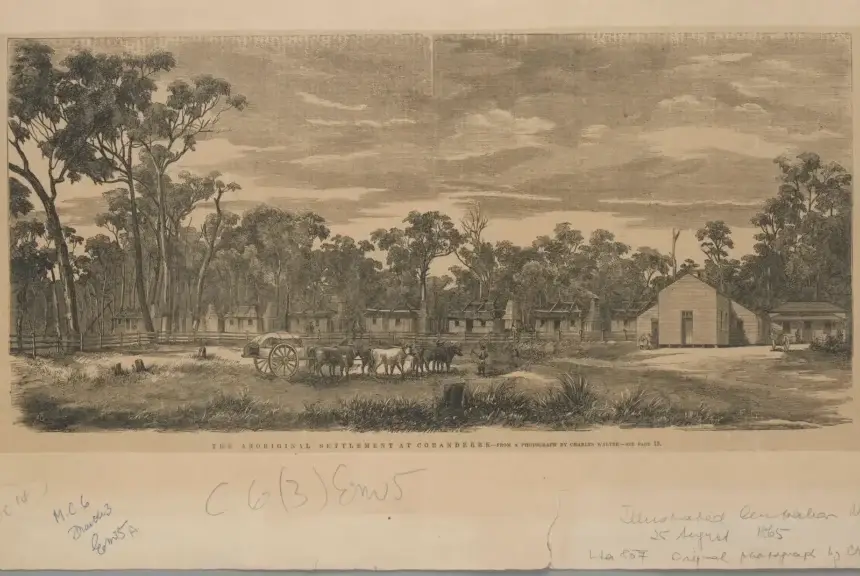In July 2025, the Yoorrook Justice Commission, an independent truth-telling body in the Australian state of Victoria, released its final report declaring that the state’s First Peoples were subjected to genocide during and after colonisation. This landmark acknowledgment is not only significant for Australia’s own history, but also constitutes a pivotal moment in the broader legal struggle for justice, accountability, and reparation for Indigenous communities worldwide. This article provides a legal analysis of the Commission’s findings and examines the implications of this recognition within both domestic and international legal frameworks.
Truth Commissions and Their Legal Role
The Yoorrook Commission’s work, which spanned from 2019 to 2025, represents one of the most comprehensive and institutionally supported truth-telling processes in Australia’s history. Over 67 days of public hearings, the Commission heard testimony from more than 200 witnesses, collected over 10,000 documents, and compiled substantial evidence of systemic violence, dispossession, and cultural erasure.
From a legal standpoint, truth commissions like Yoorrook are key components of transitional justice, which refers to mechanisms designed to address gross human rights violations and support societal transformation in the aftermath of systemic abuse. While not judicial bodies, such commissions produce authoritative accounts of state-perpetrated harms, laying the groundwork for legal and political redress.
The Yoorrook Justice Commission was established in 2022 as part of a joint initiative between the Victorian Government and the First Peoples’ Assembly of Victoria, marking Australia’s first Indigenous-led truth-telling and justice process. Named after the word “yoorrook” meaning “truth” in the Wemba Wemba/Wamba Wamba languages, the Commission was tasked with investigating the systemic injustices and human rights violations experienced by Aboriginal and Torres Strait Islander peoples since the onset of colonization. Uniquely designed to center Indigenous voices, the Commission gathered extensive historical records, community testimonies, and expert submissions to produce a comprehensive account of dispossession, violence, and cultural destruction. Its findings — including the formal recognition of genocide — represent a historic legal and moral acknowledgment of state-enabled colonial violence in Australia.
Genocide: Legal Definition and Applicability
Under the 1948 UN Convention on the Prevention and Punishment of the Crime of Genocide, genocide is defined as any act committed with intent to destroy, in whole or in part, a national, ethnical, racial, or religious group. Such acts include:
- Killing members of the group
- Causing serious bodily or mental harm
- Deliberately inflicting conditions of life calculated to bring about physical destruction
- Imposing measures to prevent births
- Forcibly transferring children to another group
The Yoorrook Commission documented dozens of massacres, the forced removal of children from their families (the so-called “Stolen Generations”), suppression of language and culture, and widespread land dispossession. These findings directly engage multiple acts enumerated in the Genocide Convention, especially:
- The deliberate imposition of destructive living conditions
- The forced transfer of children
- The intentional eradication of cultural identity
Thus, the Commission’s use of the term genocide is legally grounded and not merely rhetorical or symbolic. It affirms that the harms endured by First Peoples were not accidental or isolated, but part of a systematic and state-enabled process of elimination.
The Issue of Intent (Mens Rea)
One of the most contentious elements in prosecuting or recognizing genocide is proving specific intent — that is, showing the acts were carried out with the purpose of destroying the group in question. The Yoorrook Commission builds its case meticulously in this regard, drawing on colonial records, policy documents, and eyewitness testimonies that reveal deliberate strategies of displacement, eradication, and forced assimilation.
By connecting these policies and practices to the broader settler-colonial project, the Commission effectively situates the violence not just as past misdeeds but as structurally embedded and ideologically motivated — thus satisfying the legal requirement of genocidal intent.
Reparations, Redress, and Institutional Reform
The Commission goes beyond legal recognition of wrongdoing. It proposes a set of concrete recommendations, grounded in principles of restorative and reparative justice. These include:
- Monetary reparations and tax exemptions for affected communities
- The return of ancestral lands or equivalent compensation
- Institutional reforms in health, education, justice, and child protection systems
- Mandatory inclusion of Indigenous histories in school curricula
- Public remembrance and memorialization efforts
These proposals are aligned with international best practices in reparation, echoing frameworks developed by the UN and other human rights bodies. They signal a shift from symbolic acknowledgment to structural justice.
Legal and Political Consequences
The Commission’s report may have far-reaching legal and political consequences:
- Domestically, it sets a precedent for other Australian states and territories to initiate similar truth-telling and redress mechanisms.
- Internationally, the recognition of genocide may influence Australia’s obligations under international human rights law and customary international law, especially if victims or descendants seek remedies through supranational mechanisms.
- Politically, it places pressure on the Australian government to move from acknowledgment to concrete action, particularly in relation to treaty processes, land rights, and self-determination.
Furthermore, this report contributes to the growing global corpus of legal documentation on Indigenous genocide — a concept historically marginalized within mainstream international legal discourse.
The Yoorrook Justice Commission’s final report marks a critical juncture in Australia’s legal and moral reckoning with its colonial past. By legally identifying the atrocities committed against First Peoples as genocide, the Commission not only validates the lived experiences of survivors and their descendants, but also articulates a path forward based on justice, reparations, and truth.
This development reminds us that genocide is not only an act of physical destruction, but also a process of systematic erasure of identity, memory, and belonging. The Commission’s findings serve as a call to governments, institutions, and legal scholars alike: to confront the legacies of settler-colonialism not with denial or delay, but with courage, accountability, and meaningful transformation.
For More Info:
- Yoorrook Justice Commission – Official Website
- The Guardian: Victoria’s Indigenous people experienced genocide, truth-telling inquiry says
- ABC News: What is the Yoorrook Justice Commission?
Image Coranderrk Aboriginal Reserve. Image source: State Library Victoria


